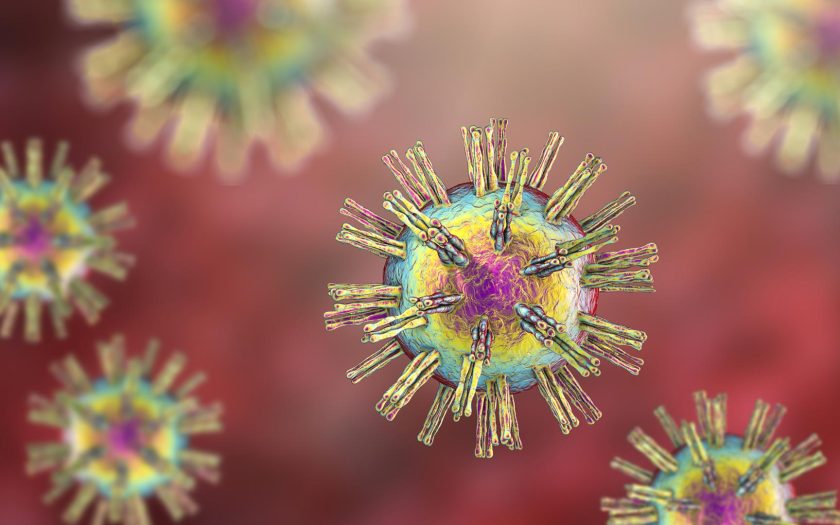Myth 1. Caesarean section is always performed in case of herpes.
It will be necessary if there is a herpes relapse and rash on the genitals at the time of childbirth. Women with genital herpes in inactive form do not need to have a cesarean section. To reduce the risk of infecting the fetus and the likelihood of relapse, pregnant women are prescribed special therapy in the final months of pregnancy.
Myth 2. You can get rid of a herpes in 1 day using home remedies.
There are many ways to quickly treat herpes on the lips, but most of them are not only ineffective but sometimes even dangerous. For example, cauterizing ulcers with a solution of salt and baking soda or treating them with garlic, lemon balm may lead to vesicle rupture, infiltration discharge, spread the infection to adjacent areas of the skin, and wound infecting.
Treatment for herpes on the lips should be carried out under the supervision of a therapist or infectious disease specialist. After checkup the sores and making a diagnosis, the doctor will prescribe the treatment, which may include taking medications (Famtrex) and using topical herpes ointments (Acivir Cream). Depending on the number of vesicles, it may take from 4-5 days to several weeks to relieve symptoms of the infection.
Myth 3. Herpes is an adult disease.
This is a myth, as infection with herpes in children can occur in any age. Immunity exists only in those kids, whose mothers had herpes before the second trimester of pregnancy. From age of six months, antibodies received from the mother disappear, that leading to an increased frequency of primary herpes infection.
To prevent the infection from becoming chronic, treatment should begin as soon as the first symptoms of the disease appear. This also reduces the likelihood of complications during the illness. The main goal of herpes therapy in children is to suppress the virus and reduce the occurrence of symptoms. Doctors advise to drink plenty of fluids during this period, and taking antipyretic drugs in case of fever.
If the disease bothers the child frequently, it is worth to consult an immunologist for qualified consultation. The specialist will help determine how to strengthen the immune system of the child’s body. Treatment of herpes in children should be carried out under the supervision of a doctor to correctly calculate the safe dosage for the child.
Myth 4. Herpes is just a form of “cold”.
In fact, herpes is an independent disease caused by the herpes simplex virus. It usually becomes active due to cold exposure, stress, fatigue, exacerbation of chronic diseases, or decreased overall immunity.
Myth 5. If there is a rash on the lips, the herpes infection has subsided.
This is a common misconception, but it has nothing to do with reality. In fact, the appearance of a herpes means that a respiratory infection has weakened the immune system, allowing the herpes virus to become active.
Myth 6. Herpes is a harmless disease that only affects the skin.
Actually, herpes takes second place in mortality from viral infections, second only to acute respiratory viral infections. The herpes simplex virus integrates into the genome of nerve cells, so the rash appears in places where nerve endings are located and is accompanied by severe pain. Theoretically, herpes can occur anywhere there is nervous tissue that means in virtually any organ.
When overall and local immunity is reduced, herpetic inflammation can develop in the mucous membrane of the mouth and throat, cornea and conjunctiva of the eye, lymph nodes, internal genital organs, intestines, liver, kidneys, lungs, and central nervous system. In case of brain involvement, most patients die or become disabled. In addition, in congenital herpes, there is a high risk of multiple developmental defects and even death of the baby, and genital herpes significantly increases the risk of cervical cancer in women and cancer of the prostate.

